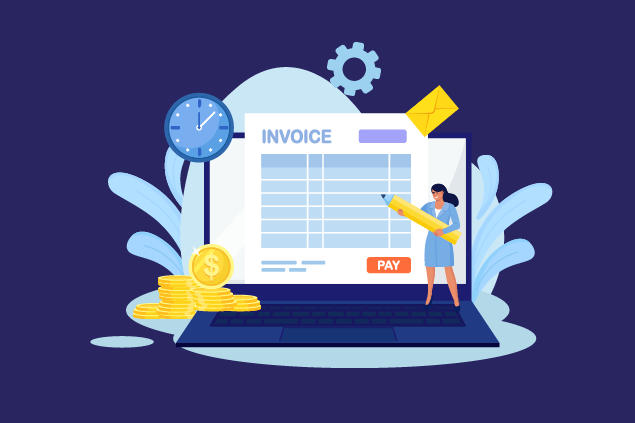For all of the pomp and circumstance that mega-sized law firms often surround themselves with, the fact of the matter is that the income of many large-sized firms depend upon the mass amounts of “grunt work” that young associates and contractors do in reviewing data in large scale litigation and due diligence matters.
If law firm revenues were based solely on the traditional attorney work of completing tasks such as taking depositions, drafting briefs, and arguing in court, then many of those firms with billion-dollar-plus annual revenues would be drastically cut down to a size more on par with their mid-sized brethren. And with artificial intelligence (AI) being able to accomplish more and more of the tasks that have kept young associates billing thousands of $300+ hours each year in a fraction of the time, that levelling between firms may well occur in the not-so-distant future.
“These firms are looking at future doom…”
A recent CNBC article discussed the advancements in AI, specifically in the area of document analysis, that will most likely supplant the type of junior associate that large firms have come to rely on as cash cows to support their partners’ high salaries, which have skyrocketed over the past several decades. Ron Dolin, an early Google employee now on staff at Harvard School of Law’s Center on the Legal Profession, told CNBC that, “These firms are looking at future doom if they don’t start playing with business models in different ways.”
Ironically, the same kind of technological advances which resulted in the need to hire more associates to review voluminous reams of email, files, and other types of electronic data in even minor litigation and transactional matters is now making that review less dependent on humans to undertake it. AI technologies such as Kira allow firms to review documents with the same or greater level of accuracy as associates in 20% to 90% less time, according to CNBC, and that differential is sure to rapidly widen in the years to come.
What it means for smaller and mid-sized firms
In general, law firms are forced to become more competitive in an era of technological transparency and widespread understanding that many tasks, even in the legal world, can now be automated. The spread of AI in document review not only means that large firms will have to provide more legal value for their money, but also that smaller and mid-sized firms (who have always thrived on doing substantive legal work as opposed to building their revenues on large-scale document reviews) can more easily take on those larger cases by becoming early adopters of AI technology that do not require a highly-leveraged ratio of partners to associates.
In short, while AI may mean “future doom” for some firms, it may mean “future opportunity” for many more firms.
Get started with TimeSolv today
TimeSolv offers competitive pricing that brings big-firm innovation to all types of firms, no matter the size. To start your free trial of TimeSolv today, click here.

















